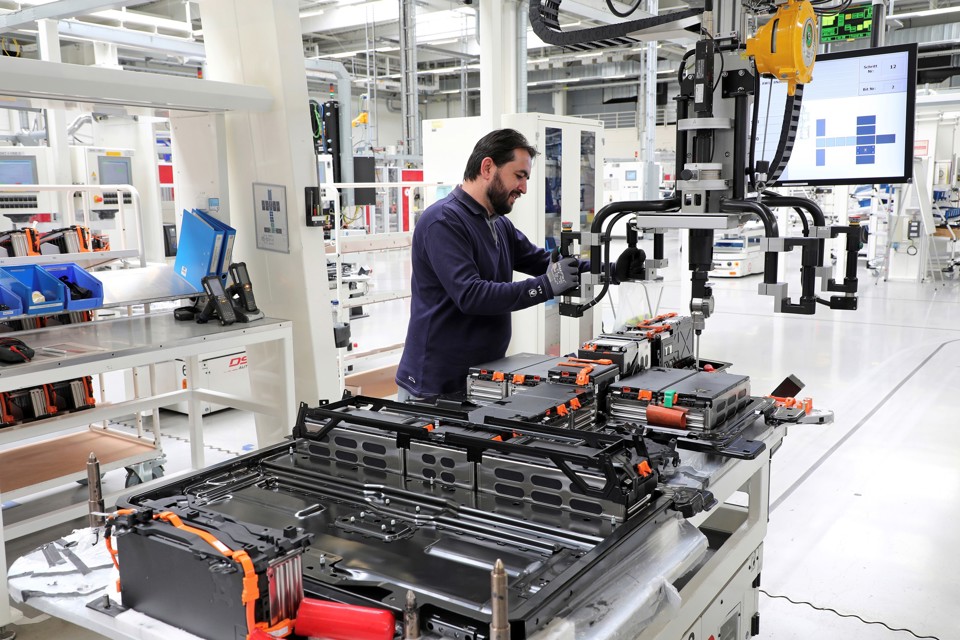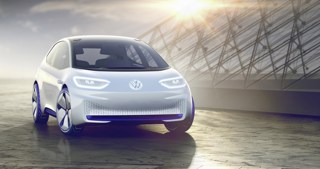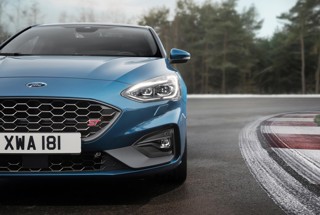Longer-range electric vehicles (EVs) and more hybrid models are expected to transform the company car parc, but carmakers may struggle to meet the growing demand.
This was the sentiment at the 2019 Geneva Motor Show, where electrification was a key theme, as was the new subscription or short-term rental models that will deliver new plug-in vehicles (fleetnews.co.uk, March 6).
However, carmakers also made clear that demand for alternative fuel vehicles (AFVs) is outstripping supply and the situation may not improve anytime soon due to a lack of supply of the batteries.
Peugeot chairman and chief executive officer Carlos Tavares has been urging the European Parliament to provide the necessary support to instigate production in the EU for the past year.
There are lithium-ion battery factories in Europe, such as the Daimler-owned Deutsche Accumotive. However, they do not make the cells, which are supplied by Asian companies, such as Samsung, Panasonic, CATL and LG Chem.
Peugeot anticipates that 12% of 208 registrations next year, some 2,400 units, will be the full electric version – the e-208 – as it starts planning for a future where every car and van model will have an electric option within four years.
Deliveries of the new small car will start at the end of the year or the beginning of 2020, with reservations opening in March and orders from summer.
However, UK managing director David Peel said: “We are confident we will have the supply that we need to meet our forecast demand.”
But, battery supply is one of the main reasons why orders for Kia’s full electric e-Niro has outstripped its UK allocation. The carmaker hopes the situation will improve for 2020 as it prepares for the new Soul EV (fleetnews.co.uk, March 6).
Kia has taken just more than 1,000 orders for its allocation of 1,000 e-Niros, deliveries of which will begin in the next couple of months. Dealers are telling customers that they are looking at quarter one 2020 if they order now.
“We have to be upfront with them, although we are trying to secure more production,” Paul Philpott, Kia Motors UK chairman and chief executive officer, told Fleet News.
“It’s a global supply chain, not just Europe or the UK and battery supply can’t keep pace with demand, which is growing at a significant rate. We have to manage the situation but we can’t say when it will free-up. Our customers are prepared to wait.”
European carmakers are working hard to bring battery supply closer to home. Germany has earmarked €1 billion (£860 million) to support a consortium looking to produce EV battery cells. There are also plans to fund a research facility to develop next-generation solid-state batteries. More than 30 companies have applied, including BMW and the Volkswagen Group.
The latter recently announced plans to make 22 million EVs within the next 10 years – seven million more than its original ambition (fleetnews.co.uk, March 13).
The number of new electric models it plans to launch within the same timescale has increased from 50 to 70.
Volkswagen will start taking reservations for its first ID model – the manufacturer’s new family of electric cars – in May, almost six months before the car is unveiled at autumn’s Frankfurt Motor Show.
The hatchback will start from less than €30,000 (£25,700) and it will have a range of up to 342 miles.
However, the manufacturer’s board member for sales, Jurgen Stackman admitted: “Given the interest in the ID family shown by our dealers, I think it is possible the launch edition will already have sold out before we unveil it in September.”
Recognising a growing demand for EVs and the batteries to power them, the European Commission set up the European Battery Alliance (EBA) in 2017.
Its objective is to create a competitive manufacturing value chain in Europe, with sustainable battery cells at its core, and to prevent a technological dependence on the block’s competitors.
It also wants to capitalise on the job growth and investment potential of batteries, which could be worth up to €250bn (£214bn) a year to the EU from 2025 onwards.
























NikolaS - 02/04/2019 13:40
Lithium is the new ‘oil’. There is one place in Europe extremely rich with this metal and some vehicle manufactures already negotiate moving production there close to this hot commodity - Serbia. The biggest Lithium deposits in Serbia are in Jadar near the town of Loznica. Czech Republic, Germany and Serbia are leading the race of which one can produce the most. Serbia has the biggest deposits of this mineral in Europe and probably one of the biggest in the world. They will run production 2023. Beside Serbia biggest Germans will start their production two years earlier, as will the Czechs.